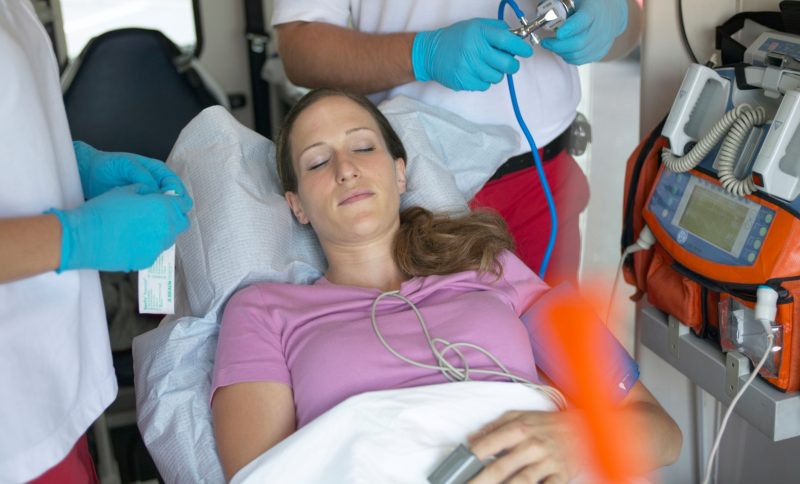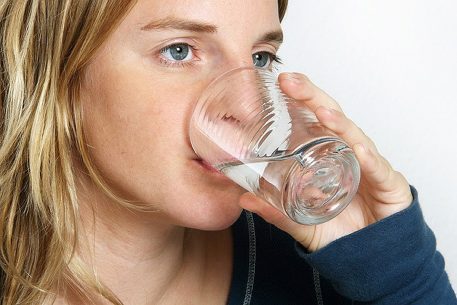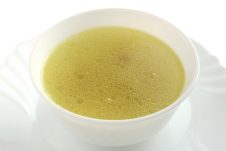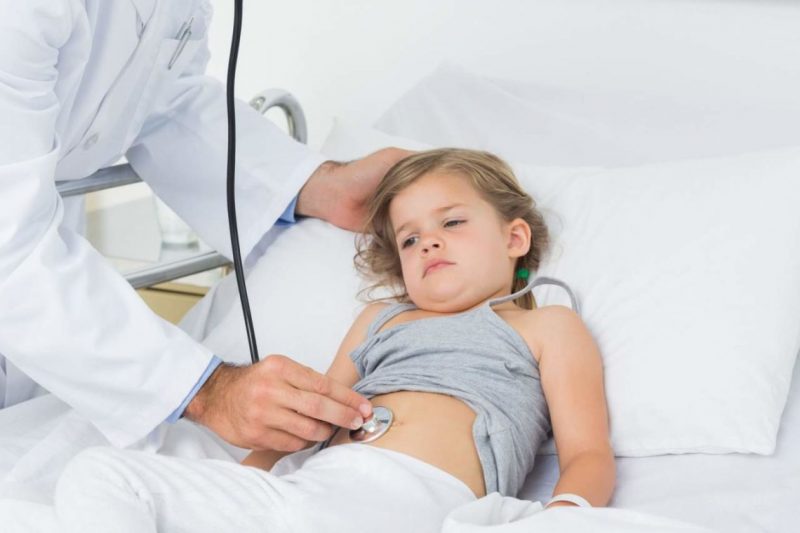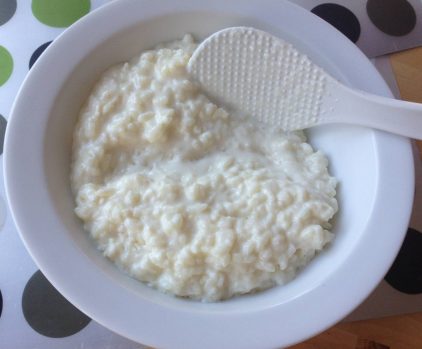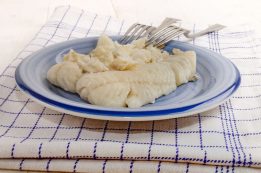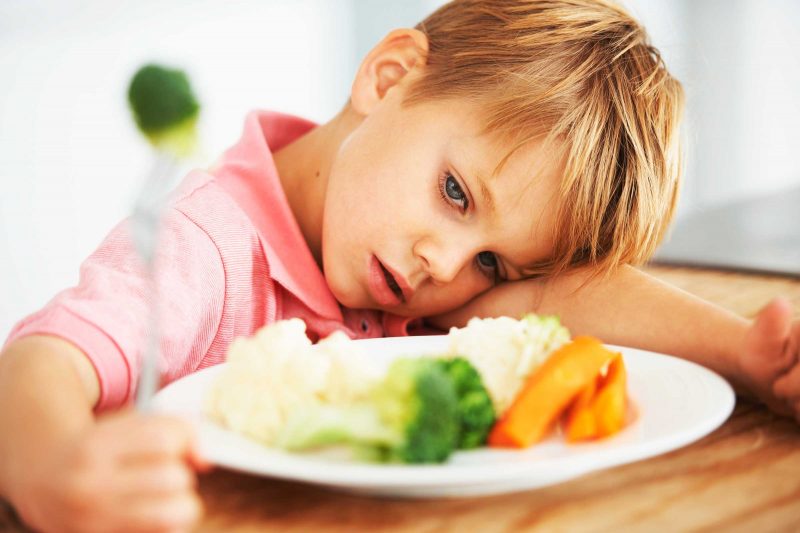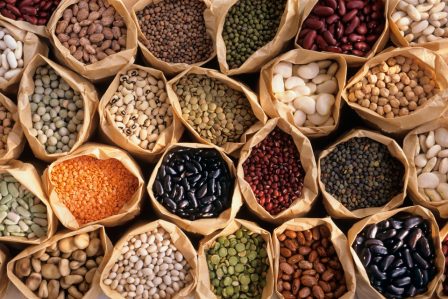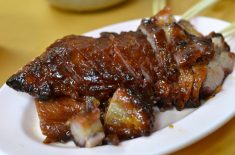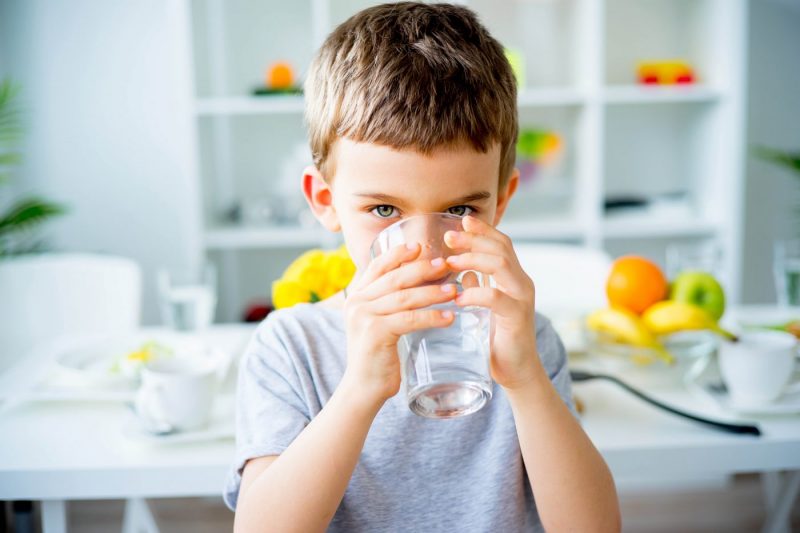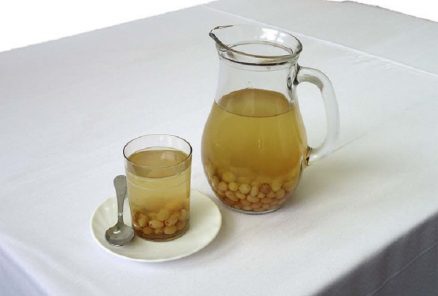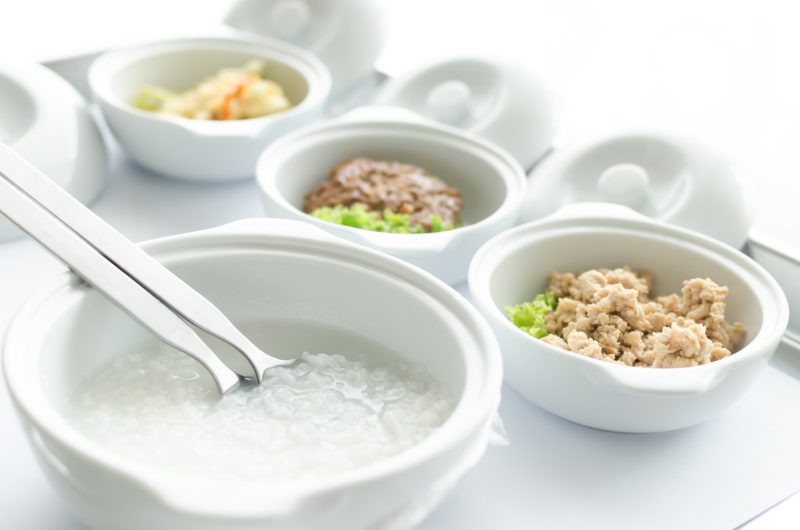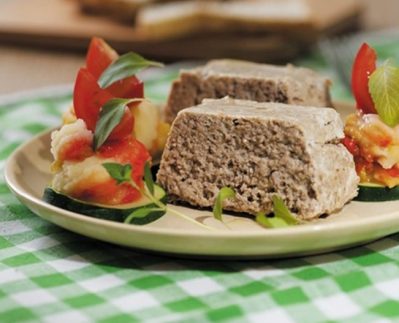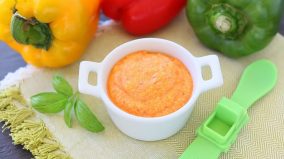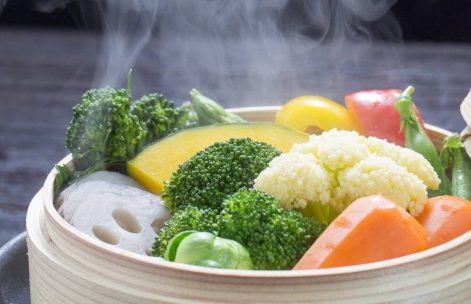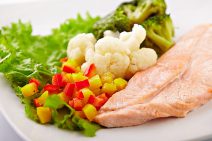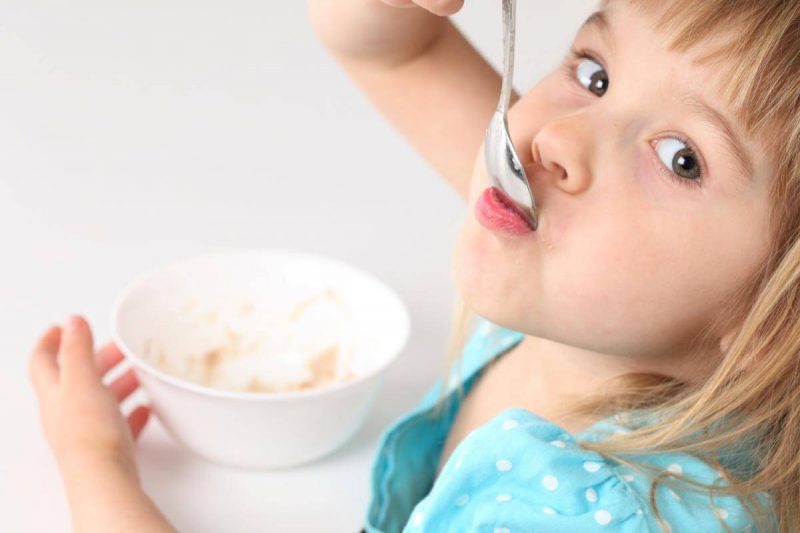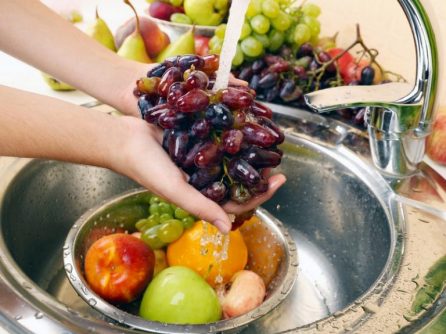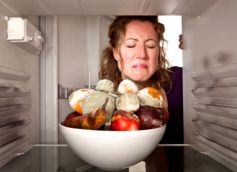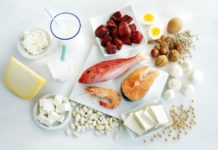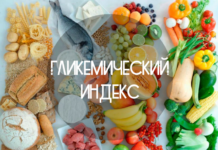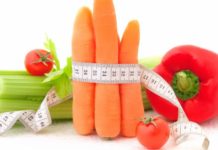Probably everyone once had to survive the poisoning. The diet in this case is very different from normal. The diet for poisoning is designed to help the body, but not to burden it.
Material Content:
General rules of the diet for poisoning
A diet after food poisoning in adults and children should provide the following conditions:
- replenishment of fluid and water-salt balance to prevent dehydration;
- creation of optimal conditions for the restoration of damaged mucosa;
- saturation with essential nutrients.
In the first day after intoxication, it is better not to eat anything at all and give the gastrointestinal tract time for recovery. You only need to drink plenty of fluids to help the digestive tract remove all toxins from the body.
If on the second day the victim feels hunger, he can eat a nutritious dish in liquid form. On the third day, the appetite usually returns. Most unknowingly make a big mistake and start eating everything in a row, but this is followed by a deterioration.
Food poisoning in children is especially dangerous, so the problem should be reported to the doctor. The specialist will prescribe the use of special drugs, as well as recommend a diet.
Allowed and Prohibited Products
In the first 2-3 days after poisoning, you do not need to lean on fats and carbohydrates. These substances require a large amount of energy costs, for which a weakened body is not yet ready. The main emphasis should be on protein dishes, since during intoxication, cells lose a lot of protein.
The list of allowed products is not so big:
- steamed fish and meat dishes;
- milk porridge;
- light soups;
- low-fat dairy products;
- vegetables and fruits (only heat-treated);
- omelet, boiled eggs;
- biscuit cookies.
When a child is poisoned, it is better to eat those products from the list of allowed that he asks for. No need to force-feed your baby with steam patties if he wants a soup.
Prohibited Products:
- legumes;
- fatty meat and fish;
- preservation;
- spices, sauces, marinades;
- whole milk;
- white cabbage, raw vegetables and fruits (may cause flatulence);
- sweets;
- fried, smoked, salty.
These foods will only irritate the stomach and intestines.
What can I drink in case of poisoning for children and adults
To remove toxic substances from the body, you need to drink plenty of fluids. On the first day, it is advisable to use only water. Further, you can enter other drinks.
It is interesting:Maggi diet
These include:
- warm water with honey;
- herbal teas (with chamomile);
- infusion of raisins;
- green tea;
- unsweetened fruit drinks and compotes;
- broth of wild rose or dill.
If desired, drinks can be sweetened with a little honey. You need to drink every 60-90 minutes in small sips, a glass each time.
Recovery diet after poisoning
Food during this period should be sparing. You need to eat in small portions. The food needs warm, preference should be given to steaming or cooking. It is desirable that the dishes have a soft consistency: mashed soups, meat soufflé, chopped vegetables.
Food Options:
- vegetable or meat broth;
- vegetable puree;
- meat puddings;
- liquid cereals on the water;
- vegetable casserole;
- steamed fish or meat patties;
- tender souffle from cottage cheese.
As a snack, crackers or biscuit cookies are suitable.
How to introduce new products
Enter new dishes on the menu carefully.
Within two weeks (especially in case of poisoning in children), it is necessary to adhere to three principles of cooking:
- cooking in the least traumatic way for the intestines (steaming, boiling) and serving in the desired consistency (liquid, puree, simply chopped);
- taking only warm food;
- the exception of dishes that irritate the gastrointestinal mucosa.
A child should give a new product in a minimal amount - only a couple of spoons. If the body normally responds to this, the next day you can give a portion a little more and again monitor the reaction of the gastrointestinal tract. If everything is normal, this product can be safely consumed further and gradually introduce other dishes.
Poison Prevention
Of course, it is much better to prevent poisoning than to suffer later from weakness and general deterioration of well-being.
To do this, follow the simple rules of cooking hygiene:
- thoroughly wash fruits, vegetables, greens;
- use only fresh products, when buying, always pay attention to the expiration date and storage conditions;
- Do not eat food with a suspicious smell;
- use different equipment for cutting raw meat, vegetables, bread;
- store raw foods separately from those that have undergone heat treatment;
- wash hands after using the toilet and before eating;
- Do not go to public catering establishments of dubious reputation.
These simple rules will help to avoid not only poisoning, but also other, more serious problems caused by unsanitary conditions.


